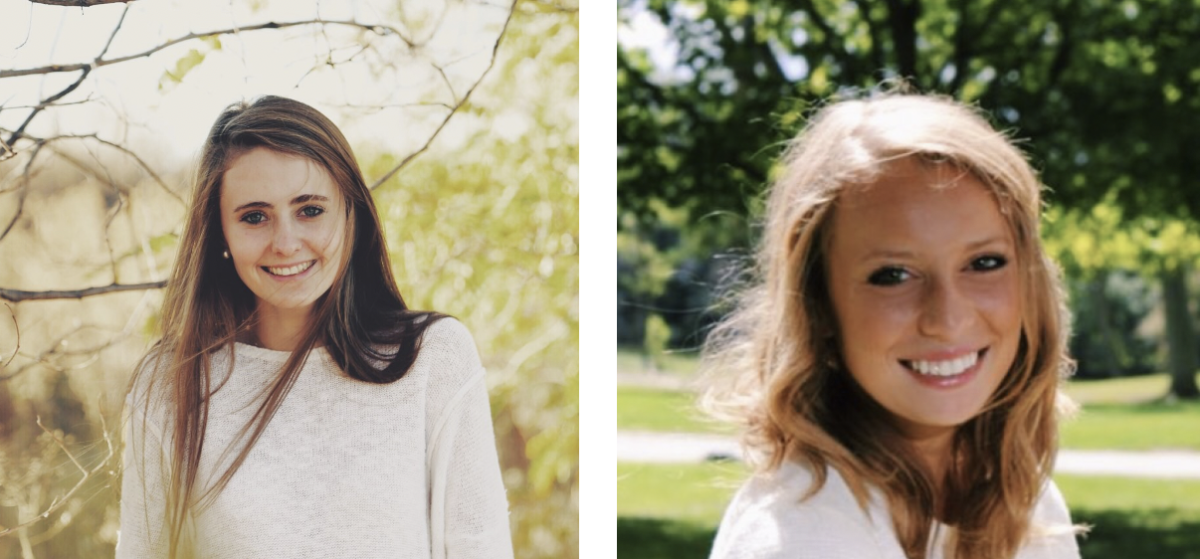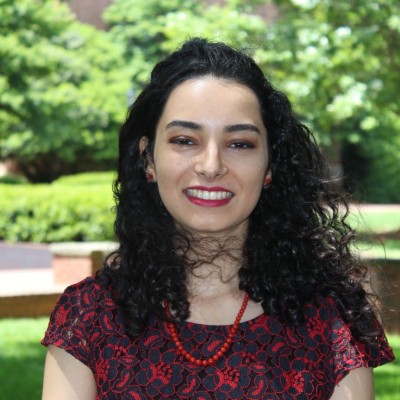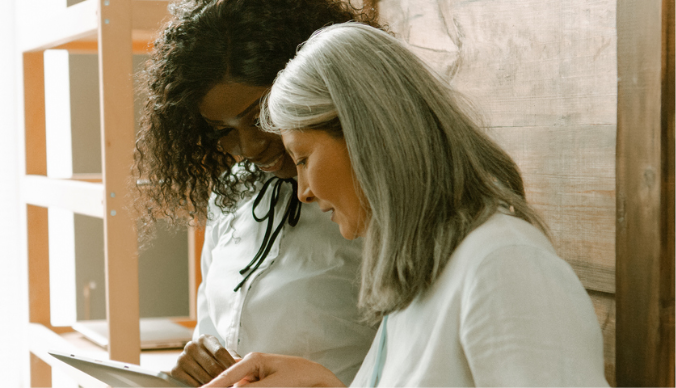Last December, co-owners Mick Koster and Ross Erickson acquired Elite Roofing, a small roofing service started in 2012 by Scott and Laura Himler. Koster and Erickson—who both left behind executive roles in corporate America—saw an opportunity to elevate Elite Roofing to the next level.
Along with investor and alternative energy expert Don Miller, Koster and Erickson wanted to continue the company’s commitment to exemplary craftsmanship and first-rate customer service, but expand the company’s product line. “We saw an opportunity to expand and scale the company by bringing in modern processes and technology…including adding in solar solutions to offer a turnkey solution for customers,” writes Koster, a former executive at Lowe’s Home Improvement, headquartered just down the road in Mooresville, NC. “We are strong believers in the opportunity residential and commercial solar energy offers long-term, and most companies are focused on either vertical almost exclusively. We believe that a roofing company that can address both solar and roofing customer needs will be more successful.”
The company also hopes the solar energy line will not only revolutionize the roofing industry, but will cultivate consumer accessibility to alternative energy.
While some startups have struggled to stabilize because of the ongoing pandemic, Elite Roofing was fortunate to be classified as an essential business. “We’ve benefited from roofing and construction being considered an essential service since day 1. Roofs still leak and people need to keep them in working order, so we have been able to continue operations throughout the COVID-19 pandemic,” Koster notes.
Accordingly, the company has used the summer to redesign their brand. With the help of Gig-Hub student consultant Brie Burrell ’23, the company updated their brand to complement their recent expansion. “Brie is an extremely talented individual that led the design and execution of our new Elite logo, color palette, and brand guidelines…She worked with us on understanding our brand positioning and growth plans, and then developed a number of creative designs and multiple iterations that did an excellent job of communicating our company’s key services.”
Elite Roofing also worked with Matt Cuddy—former Program Coordinator at The Hurt Hub and current owner of Third Cup Creative, a web design studio—to redesign the company’s website. “It was a seamless transition between Brie’s brand work and Matt’s technology and web design development that took our web presence from a liability to major asset,” Koster notes.
For Koster, Gig-Hub was a mutually beneficial collaboration. The program provides startups an avenue to discover “talented, driven individuals [who] are hungry for some real-world projects to expand their skill set and gain some valuable experience.” On the flip side, working with Burrell and Cuddy gave Koster the rewarding opportunity to “pass along” the skills he’s learned from his career in marketing and software development. “It’s been a great mentoring opportunity for me…With over 25 years of marketing, software development, and new business development experience, it was fun to be able to pass along some of the insights and skills that I’ve learned developing multiple brands and consumer experiences.”
Elite Roofing operates out of The Hurt Hub, which Koster praised for providing the space and community necessary to fulfill their mission of revolutionizing the roofing and alternative energy market in the Carolinas. “While it’s been a little abnormally quiet the last few months, the sense of community and engagement with other members has been great to see where we can help and learn from each other,” Koster notes. “Each and every day I see more evidence of how truly small our world is, and it’s great to make new connections, share experiences, and build relationships with such a vibrant community. Our decision to locate in the Hurt Hub@Davidson was a great one, and we couldn’t be happier with the experience so far.”






